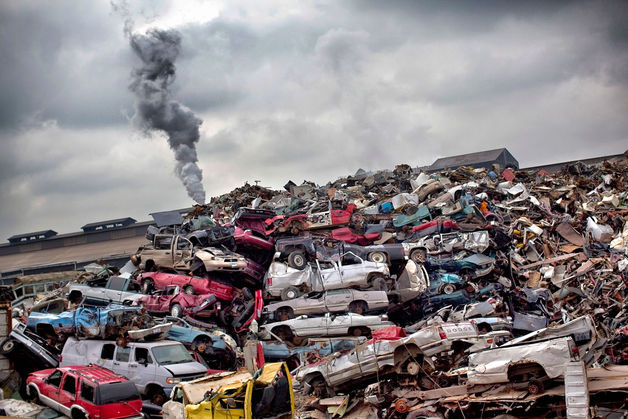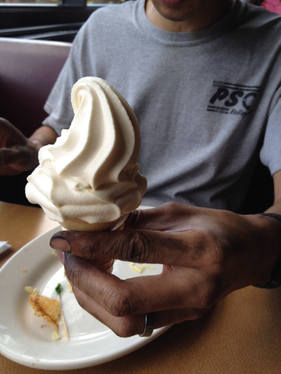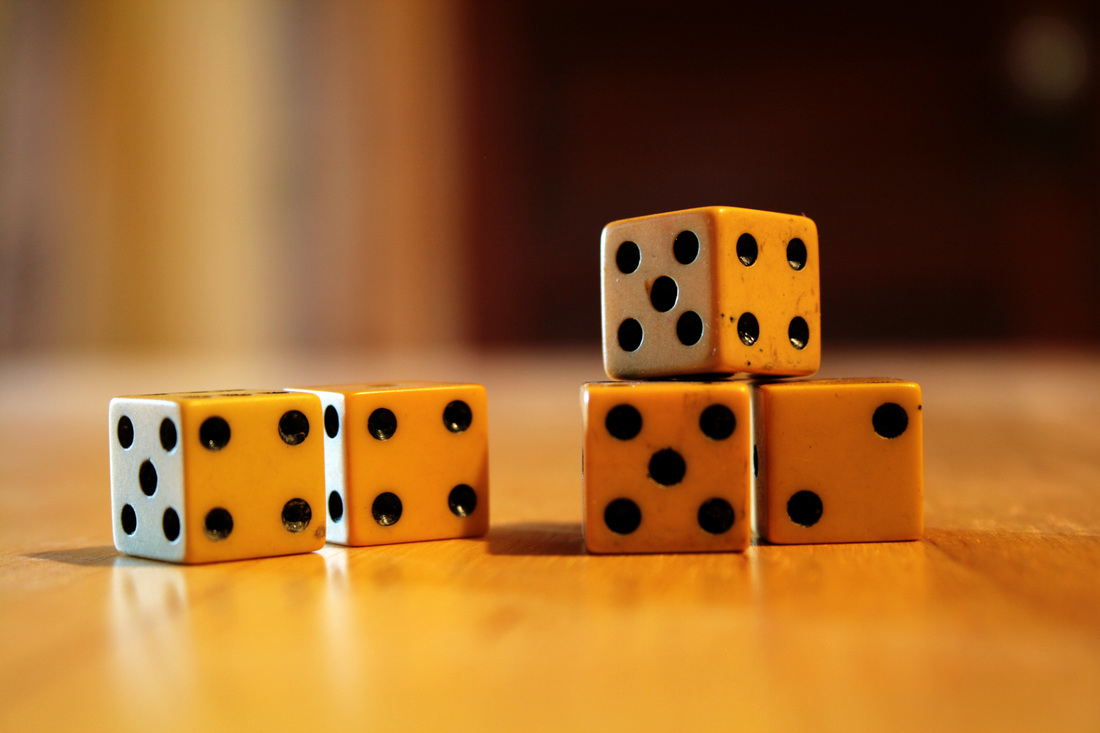― Seneca, On the Shortness of Life
It was almost 10yrs ago that I purchased a vehicle with the intent to own a reliable work horse with utility capability and enough cargo storage to cart around my friends, gear, and equipment. I narrowed down my search criteria to sport utility vehicles with the most cost effective maintenance schedule and best reliability track record. After making my purchase I set out to achieve my goal of reaching 250,000 miles. In order to accomplish this task both preventative and routine maintenance would be crucial. I learned to perform as many of these tasks as my mechanical skills would allow. For the projects that were beyond my capability I sought help from trusted professionals.
I've learned so much from this experience. The little time, effort, and expenses it takes to maintain something grossly out weighs the costs associated with making repairs on unnecessary and avoidable damages. This includes the peace of mind that knowing one's vehicle is dependable and performing as it was designed by the maker. The notion of spending significant resources on repair, replacement, and worry seems annoying and wasteful. Almost everyone needs a vehicle to get to work, school, or to anyplace not within walking or biking distance.
I live in a city with a traffic problem. Getting from one place to another is an exercise in frustration. I find myself planning my day around the road congestion. It determines which clothes I put on in the morning depending on whether I walk, jog, ride my bike, motorcycle, or drive. With numbers like 2,000 new inhabitants each month, I fear the the growing traffic problem in Austin will only get worse. There are already signs of resource depletion that come with increased traffic such as real estate spikes, higher apartment rates, and constant construction as more people seek shelter in the city. With such demands Austin has implemented quite a few recycling and waste management programs to combat associated issues.
The idea of reducing waste, consumption, and leaving a smaller footprint on the environment is the goal in sharing a world of finite resources. If we don't act collaboratively then we will see a price war on resources. Inflation is the rate of price increase in conjunction to the loss of purchasing power on our currency. This means that each day our savings accounts lose ground to the increased costs of the environment. We are faced with the choice to reduce our dependence on expensive resources and to waste as little as possible. It also means looking at ourselves to make decisions that value practicality over cosmetics. Function over fashion. This doesn't mean that one can't appreciate those shiny new models, it simply means learning to see the beauty in valuing what one already has.






 RSS Feed
RSS Feed
